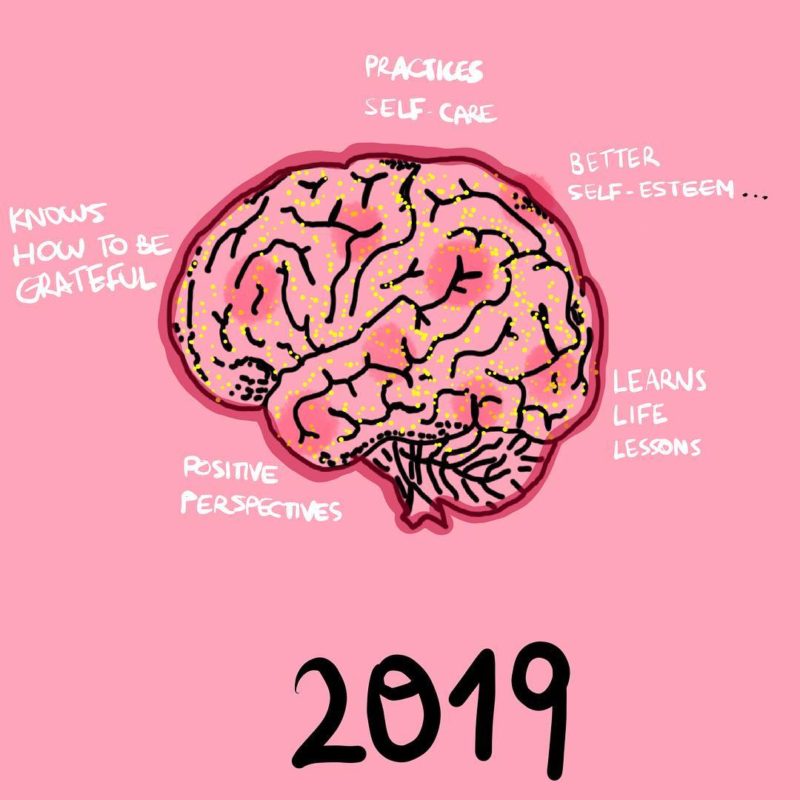What?
Welcome to my mini-series, Therapy Unraveled. They say nothing in life can be achieved without effort, daring to take a risk and often some suffering. So here is the deal, I will be taking a risk writing a published piece for the very first time and you will be taking one by freeing yourself from biases, stigmas and fears as you read about therapy. This series is divided into four episodes; What, Who, When and a special finale. In the ‘What’ we will simply be discussing what therapy is and exploring the main misconceptions about it. In the ‘Who’, we will shed the light on the professionals offering psychological services and how to tell the difference between them. And finally in the ‘When’, I will help you decide when the time you actually need therapy is.
It would be quite reductionist to propose a single definition to what therapy is. I like to think of it as a dynamic process that takes place in a safe and contained relational frame in which destructive patterns of behavior and thoughts are acknowledged and substituted with healthy and productive ones. According to Carl Rogers, an American psychologist and a founder of the humanistic approach to psychology, therapy is all about empathy and unconditional positive regard. It is about the ability of therapist to push aside their own perceptions of the situation and briefly borrow those of the client’s in order to capture as much of their experience as they can. The therapy room should be a space where anything you say, no matter how shocking or appalling, is met with unconditional acceptance and a non-judgmental attitude.
Pro tip: if your therapist is morally or religiously shaming you, bolt!
Therapy is not for the crazy. Therapy is not like paying your friend to listen. Therapy is not common sense. And most importantly, therapy is not shameful. People go to therapy to cope with disorders, relationships, stress, and grief; there is no shame in wanting a better life. We all have downfalls and seeking professional help is the smart thing to do. A comment that I get all the time is “So what is therapy? Do you like just sit and listen? That’s all you do?”. Most therapists are empathetic good listeners, but they are not just that. They challenge, motivate, educate and provide you with tools to manage your issues without depending on them. A common misconception is that your therapist should tell you what to do which honestly rarely happens. Your therapist guides and empowers you to identify what change would work best for you. Well, taking the risk wasn’t so bad for me. How about you?
See you next week!
——-
Feel free to subscribe to our weekly newsletter to get the latest releases on all our articles & episodes for our exclusive mental health podcast series, with celebrity guests sharing their take on Mental Health and Wellbeing.
Available Now on Anghami








